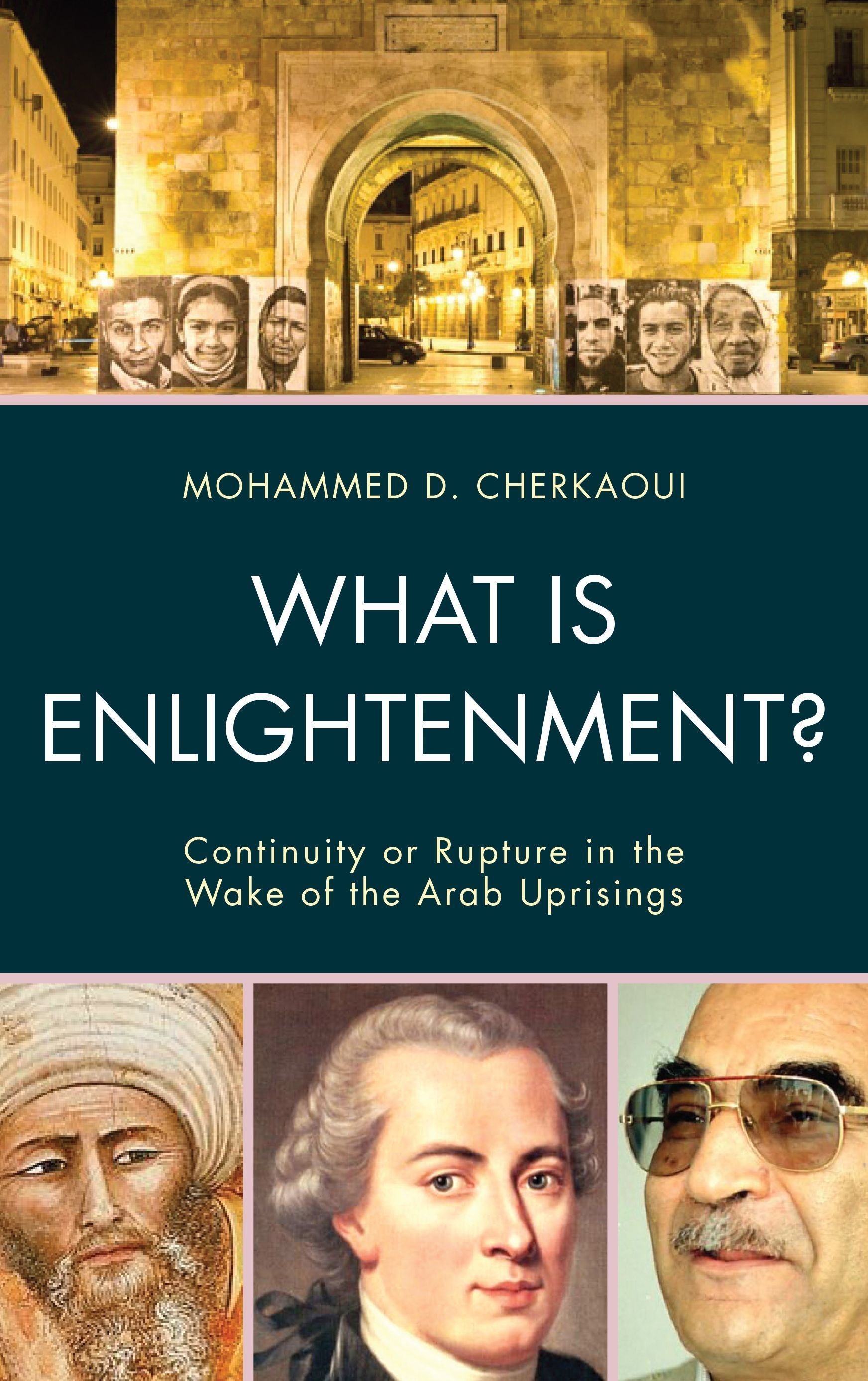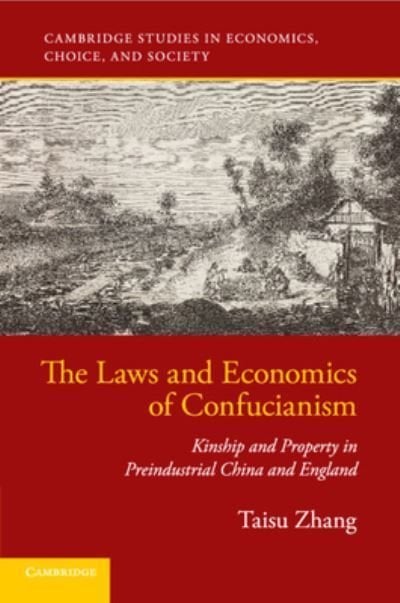Political sociology has struggled with predicting the next turn of transformation in the MENA countries after the 2011 Uprisings. The challenge is how Arabs would reorganize the relationship between tradition, religion, reason, and state. By adopting Immanuel Kant’s title ?What Is Enlightenment,? this volume studies whether Arab societies have entered an age of enlightenment while most local opinions cannot affirm a vision of their political advancement five years later. It examines whether the Uprisings would introduce a replica of the European Enlightenment or rather stimulate an Arab/Islamic awakening with its own cultural specificity and political philosophy. By placing Kant in Tahrir Square, this book adopts a comparative analysis of two enlightenment projects: one Arab, still under construction, with possible progression toward modernity or regression toward neo-authoritarianism, and one European, shaped by the past two centuries. Arab activists did not articulate explicitly any modalities of their desired change although their slogans ushered to a fully-democratic society. These unguided Uprisings showcase an open-ended freedom-to question after Arabs underwent their freedom-from struggle from authoritarianism. The new conflicts in Egypt, Syria, Yemen, and Libya have fragmented shar’iya (legitimacy) into distinct conceptualizations: ?revolutionary legitimacy,? ?electoral legitimacy,? ?legitimacy of the street,? and ?consensual legitimacy.? This volume analyzes the emerging Arab-Islamic-Islamist-liberal dialectic and war of narratives over legitimacy and popular representation, and examines the current rebuttals of what Islamists, fundamentalists, or otherwise mean by their principled interpretation that Islam is din wa dawla (religion and state). Mohammed Cherkaoui and the contributing authors use a hybrid theoretical framework drawing on three tanwiri (enlightenment) philosophers from different eras: Ibn Rushd known in the West as Averroes (the twelfth …









![Homeland Seasons 1 to 5 DVD [2016]](https://avmedia.ams3.cdn.digitaloceanspaces.com/d/91/d91826d6-42e7-4830-a6f6-0fc710896d1f.webp)
![The Perks of Being a Wallflower [2012] (DVD)](https://avmedia.ams3.cdn.digitaloceanspaces.com/1/d4/1d4682b3-13db-469e-b71b-851bd557720f.webp)

